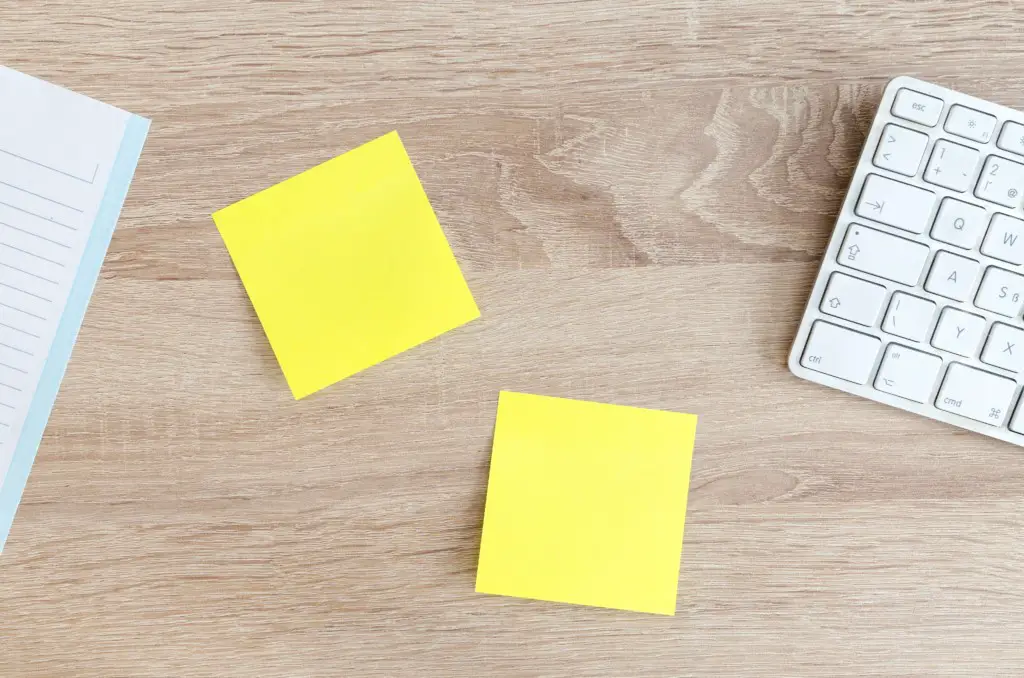People know that they would like to have more focus and better concentration to achieve their goals more efficiently. So, I did some research into the differences between these two words and how they might be better understood to more effectively achieve your goals.
So, what’s the difference between focus and concentration? Focus and concentration have the same meanings when used in the context of attention to tasks. They do, differ, however, when used in an academic context such as in the different Sciences.
There are many things that influence a person’s ability to concentrate and focus. There are also ways to increase it. So, below I’ll give more explanation and the key differences in the meaning of concentration and focus, as well as, how to improve it.
What are the key differences between concentration and focus?
Everyone would like more attention and focus to work on important goals unless they have already achieved them. In which case they would usually set another goal. So, it is the case that increasing and maintaining your level of focus and concentration is very important to our overall sense of confidence and wellbeing.
Definition of concentration:
According to Dictionary.com, it means “exclusive attention to one object; close mental application.”
In medicine and chemistry concentration can mean the amount of one solution in another. It is used as “the concentration of salt in a solution”, and is expressed as a percentage. The full volume of a liquid is broken down into different parts such as salt and water. We would say it is 10% salt and 90% water or has a concentration of 10% salt.
Another example is juice concentrate which is sold as a syrup and used to save space when being transported. This is because water is widely available, and can be added on location to give the desired quantity. Water is to concentrates to dilute the mixture. For example, Coca-Cola is delivered to restaurants such as Mcdonald’s in concentrated form. It is then mixed with carbonated water to give the end result, which is the Coca-cola people drink.
Definition of focus:
According to Dictionary.com, it is “a central point, as of attraction, attention, or activity”
Focus is also used to refer to the focus of a laser or the focal point of a beam of light. This is where a light is concentrated to a small point. Another example is a magnifying glass that focuses all the light of the sun that shines on its surface to a small point. It increases the energy of what is being focused on. This is because the large spread out energy is concentrated to a small area.
See the use of the word concentration there. This is where the confusion comes from. In everyday speech and writing, they have the same meaning, however, in strict scientific discussions, they have a different meaning.
Therefore, focus and concentration in everyday speech are used interchangeably, but in scientific terms, they are used to describe different phenomena such as in chemical liquids, and the concentration of light onto a focal point. Therefore, care should be not be given to them in everyday use but only in an academic context, such as scientific literature.
How do you improve focus and concentration?

So, we have previously learned above that they have the same meaning. But, how do we improve it to better achieve what we want? Below, I’ll give few quick key ways to improve focus and concentration.
Regularly get 7-8 hours of sleep
A study conducted by Harvard University showed that there is a direct correlation between the quality and quantity of sleep and the ability of a person to learn. We know that to improve our current condition we need to learn from mistakes and inefficiencies. The study looked at the role of the different stages of sleep on memory formation. It was interesting to note that participants in the study didn’t think that they had failed to remember things, but upon experimentation, it was proved that they had.
According to Science Daily, the optimum sleep range as determined by experimentation is 7-8 hours. More or less than this leads to impaired cognitive brain function. Cognitive brain function is the ability to think through make sounds judgments. Based on the objectives the individual has. So, you should get 7-8 hours of sleep daily to improve focus and concentration. There are also special rings which a person can wear throughout the day which give detailed statistics on the type of sleep you get. One that I recommend is the Oura Ring which you can buy here from their official website.
Focus on one thing at a time
According to experimentation and studies performed at the Open University of Israel, it was shown that focusing on more than one thing at a time impairs focus. This can be dangerous when coupled with tasks such as driving or operating heavy machinery. This is because it requires a person to react relatively quickly to avoid deadly and serious injury.
You will have observed this phenomenon yourself if you have been engrossed in sending a text message and walking along a footpath. Your ability to avoid people and walk courteously around others is seriously diminished to the point where you bump into people and force them to make large movements to avoid you.
Therefore, if you have a task that is important for you. You should remove any notifications, popups, and distractions so that your focus is not interrupted and split. For example, if you are working on something important do not have your phone in a place where you can see notifications as they come in.
Also do not have live update webpages open such as Facebook or email when working on a computer. This is because they will change and pop-up in a way that will draw your focus away from the task you are trying to do.
Physical exercise
A study done by the University of British Columbia showed that there is a correlation between memory and regular exercise. Memory is related to focus. The study showed that physical exercise increases the size of the hippocampus which is the area of the brain responsible for memory. It also showed that heavy weight training did not have the same effect.
It doesn’t have to be a very intense exercise that most people find hard to motivate themselves for. It could be a simple walk or light bike ride, that increases the heart rate and works up a bit of a sweat. You can exercise harder if you want, and a lot of people enjoy doing so.
Defined objectives

I have been unable to find studies to back this up. But, you will notice it works if you try it (I’ve tried it). Before working on an important task you should define the objective and give it a deadline. For example, “I want to check my emails and reply to them all within 15 minutes.” You should then set a timer for 15 minutes. You will notice that you are much more focused and work diligently during that 15 minutes until it is done.
Rather than sitting down for an hour to do some ‘work’, have a clear objective and reasonable todo list for that hour. You will find that you will be disciplined in not checking things like email, Facebook, or Youtube. You will also get important tasks done more quickly than if you didn’t set an objective. When you don’t do this you will get distracted and do meaningless tasks. You will be more apt to go and check Facebook, Youtube, and email and then get sucked in and waste time.
Conclusion
Focus and concentration have the same meaning when they are used in the context of attention. They have different meanings in academic areas such as science. There are ways to increase focus and concentrations such as exercise, 7-8 hours sleep, having objectives for timeframes, and focusing on one thing at a time.
Sources
- Dictionary.com: Meanings and Definitions of Words at Dictionary.com
- Healthysleep.med.harvard.edu: Sleep, Learning, and Memory | Healthy Sleep
- ScienceDaily.com: World’s largest sleep study shows too much shut-eye can be bad for your brain — ScienceDaily
- Openu.ac.il: Can We Split Our Attention?
- Health.harvard.edu: Regular exercise changes the brain to improve memory, thinking skills – Harvard Health Blog – Harvard Health Publishing
